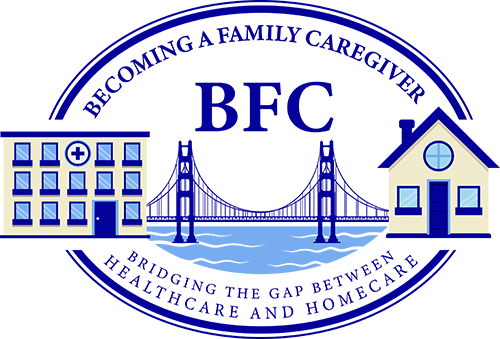What happens if the primary caregiver is unavailable to provide care? Many caregivers have medical problems they neglect or develop over years of providing care to family members. Eventually, however, everyone becomes sick, and try as they might, they cannot come to work. The same is true of caregivers, even if they might want to pretend it can’t happen to them. To avoid a panic when the inevitable arrives, every family caregiver needs to have a plan for backup coverage either in writing, loosely outlined, or at least discussed with whoever will be responsible for replacing them.
Plan Options
In an urgent situation, time is not your friend. Therefore, your options are limited to what is available in your local area, within your price range, based on your family member’s care needs and your willingness to accept that option.
Options NOT Available
- Hiring someone is out of the question because you will not have time to recruit, interview, hire and train someone you need immediately.
- Letting your family member stay alone. If they could do that, you wouldn’t need a caregiver anyway.
Possible Options
- Contracting with a staffing agency to provide in-home care. – Is there an agency in the area you can call that might be able to send someone as a substitute caregiver? Before you call, you’ll need to decide what you need:
-
- How many hours per day? If you need more than 8-12, you may need more than one staff member.
-
- What duties do they need to perform? Duties determine the type of temporary employee needed. For example, do you need a companion or someone who has a license to administer medications and perform wound care?
-
- Cost and quality – Hiring agency help is costly. Shop for what services are available in your area in advance, get references, and check out their ratings with licensure bureaus if that’s available.
- Are there others in the family capable of providing caregiving responsibilities part-time as a backup?
- Can you train other family members to replace you if you become sick or have an accident?
- Keep a folder of written instructions that include emergency information, medication schedule, daily routine, healthcare provider contacts (who cares for what and when to call), how to perform treatments, where to find supplies in your home, etc. Write the list as if you are not around to answer questions because you could be unconscious when the list is needed.
- Is there a neighbor or friend who can act as your backup if a family member is not an option?
- If a non-family member is available, let the options for family apply here.
- Respite care availability
- Some localities have respite care available for emergencies. If available in your area, find out the requirements in advance and apply so that everything is in place in the event it’s needed. Once you are sick, you won’t feel like filling out paperwork.
Other Things to Consider
If you have a power-of-attorney document and you identify an alternate care provider, add their name to the document.
Add that person’s name to all legal decision-making documents or access documents once identified and keep them as much in the loop about changes in your family member’s condition as possible. Send them copies of schedule updates, etc., or make sure they know where you keep the updates for easy access. You might consider sharing information in a cloud storage system online.
Once you implement the above process, the next important process is to keep it current. That’s the most difficult part—finding time to keep up with it. If nothing else, put new documents in the file with the old ones and write dates on them so your backup can determine the most current. It’s not ideal, but it’ ‘s at least a starting place for them and better than digging through drawers and internet files.

